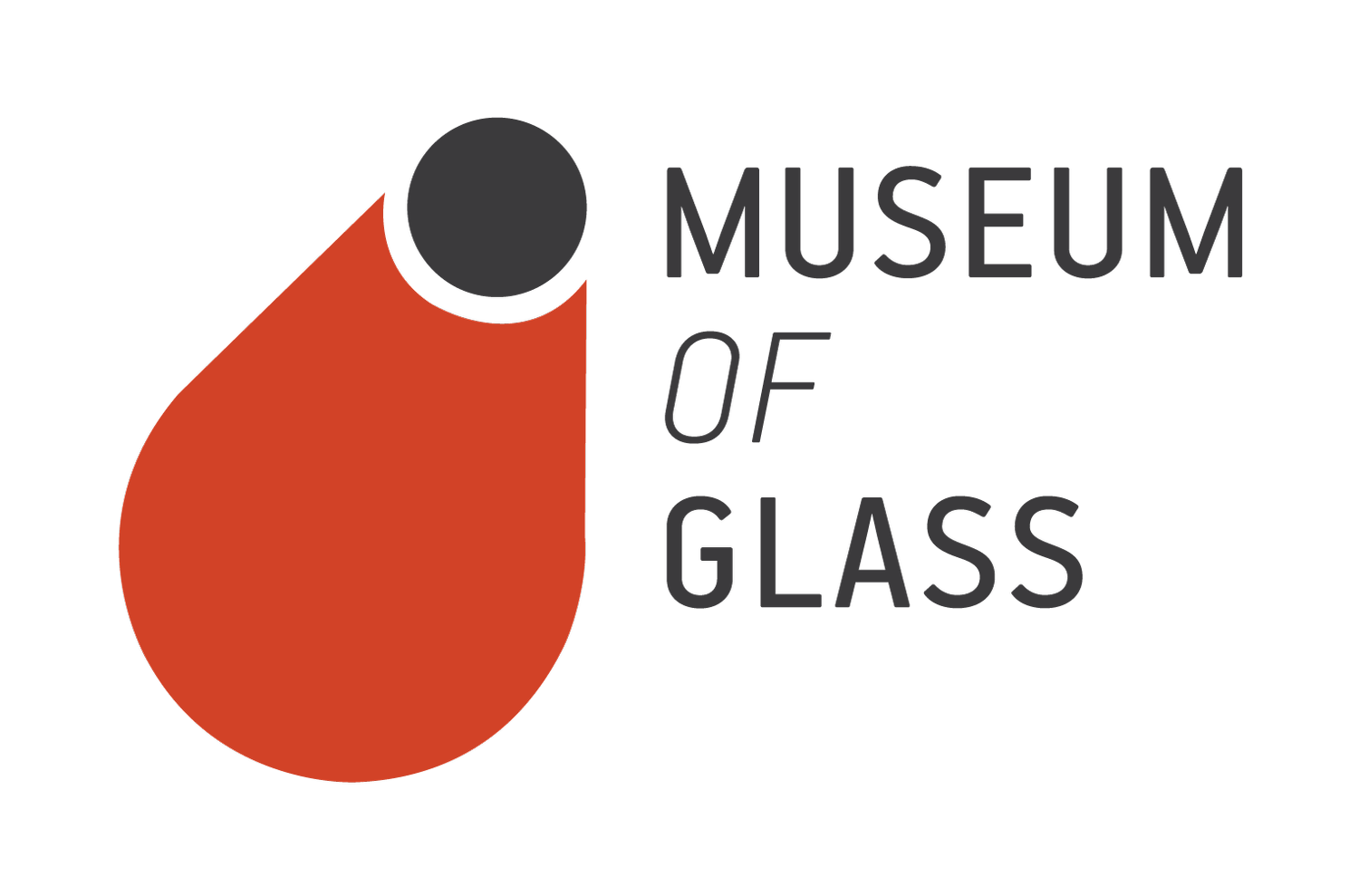The Magic Flute
Glass sculpture has a history that is often tied to functional art. Inspired by The Magic Flute, an opera created by Wolfgang Amadeus Mozart in the 1700s, artists Jerry Hovanec and Ralph Harvey made glass sculptures based on narrative and imagery from a 1975 film adaptation of opera, rather than function. The glass sculptures gave life to Mozart's classic in a new way by taking its beauty and making objects that fit within those themes.
This episode of Junior Curator Academy explores themes from the famous opera and the objects made by Hovanec and Harvey. David and Sophie ask Jabari to share his analysis of the sculptures. Sophie interviews Dr. Luke Howard, Ph.D. Musicology, about his essay on The Magic Flute and Jabari speaks with music expert, Joe Williams, who gives insight into Mozart's life and music.
Junior Curator Assignment
CHARACTER DESCRIPTION
We have learned about the sculpture The Magic Flute by Jerry Havonec and Ralph Harvey based on Mozart’s opera. Your assignment is to pick a character from the sculpture and tell us what you see. Using the tools and techniques you learned from Jabari in his description of the Queen of the Night, analyze your own chosen character. You can use up to 500 words and remember the rules – no bad words, no copying, use your own language, imagination, and have fun!
Email your completed assignment to juniorcurator@museumofglass.org and you will receive a sticker from Museum of Glass to work on achieving Junior Curator status! We’ll post your descriptions in an upcoming virtual gallery for all to see.
Key Terms
Parents and teachers are urged to use this glossary in conjunction with the episode, The Magic Flute, to impart lessons that follow Washington State education standards. Watch and listen with your Junior Curator scholar and help them to identify these words during the show.
Additional Activities and Art Projects
Earn a sticker for each project you complete and work on achieving Junior Curator Status!
VISUAL SOUND DRAWING
We rely on our sense of hearing to appreciate music. This activity will help you focus and fine-tune your listening skills and transform sound into visual representations of feeling and movement.
THEATRE DIORAMA
Listen to The Magic Flute opera and watch different opera companies or Bergman's film rendition of this famous Mozart piece. How would you visually depict these sounds and characters? Try your hand at constructing your own Magic Flute diorama.
AN EXQUISITE CORPSE OPERA IN THREE ACTS
The Magic Flute Sculptures are extraordinary because they come from a strong narrative. In this exercise, you and your family will develop an opera using the Exquisite Corpse technique.
Additional Resources
Dr. Luke Howard
Associate Professor, Brigham Young University
Ph.D. Musicology, University of Michigan
Joe Williams
Concert Series Curator, Lakewold Gardens
Master of Music in Piano Performance, Cleveland State University
Jerry Hovanec
Featured artist
Ralph Harvey
Featured artist
Symbolism, Themes, and Criticisms
Article by Dr. Luke Howard
The Magic Flute
34 works from The David Hockney Foundation
How Chagall, Sendak, Hockney, and Other Artists Staged the Fantasies of ‘The Magic Flute’
Article by Allison Meier




